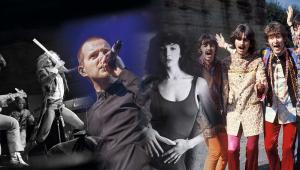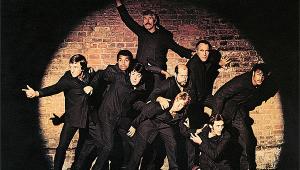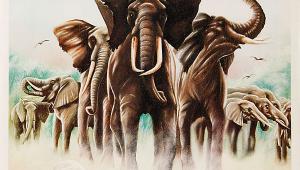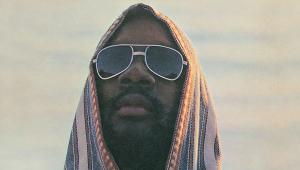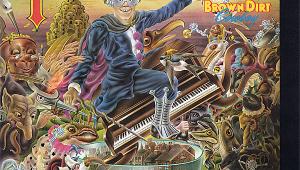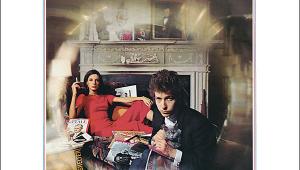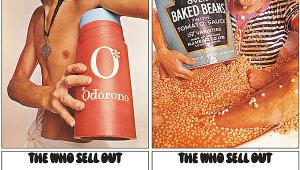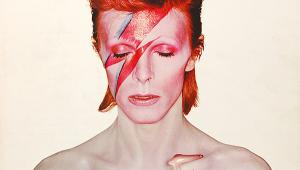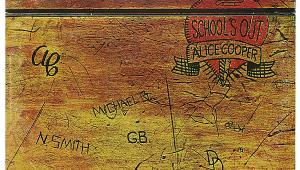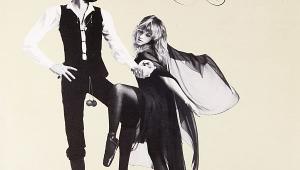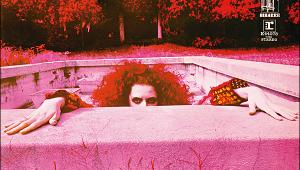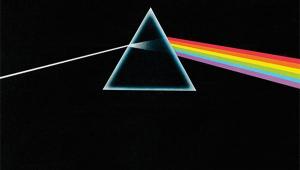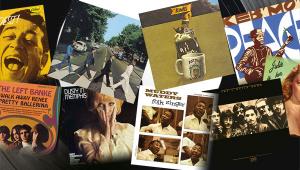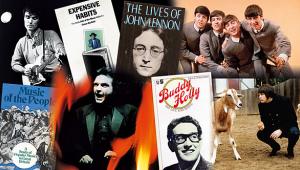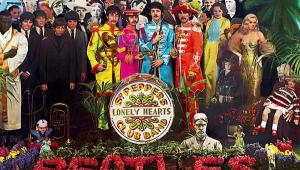Top 20 Concept Albums Page 3
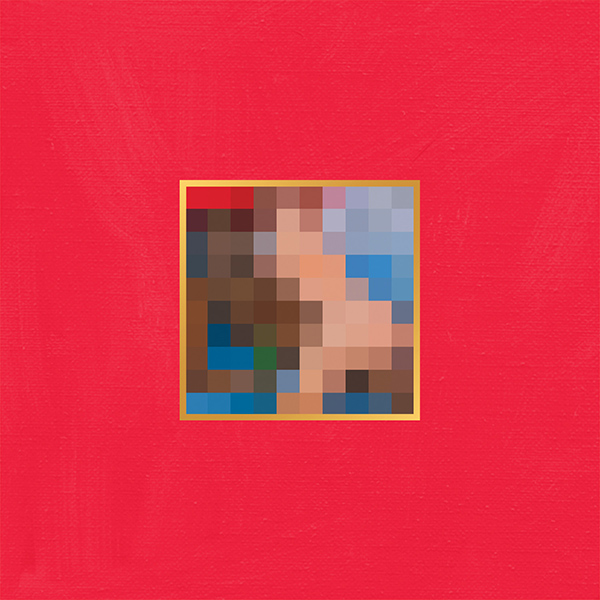
Kanye West
My Beautiful Dark Twisted Fantasy
Def Jam, 2010
His world view might have gone way off the rails since, but back in his imperial phase Kanye could spin all manner of wild yarns and we’d lap it up. And so he did on this sprawling double album, as he pondered aloud with precious little filter on themes of celebrity excess, madness, social justice... and his own undisputed greatness, of course. Meanwhile, his madcap magpie approach to sampling made for what are rivetingly infectious jams.
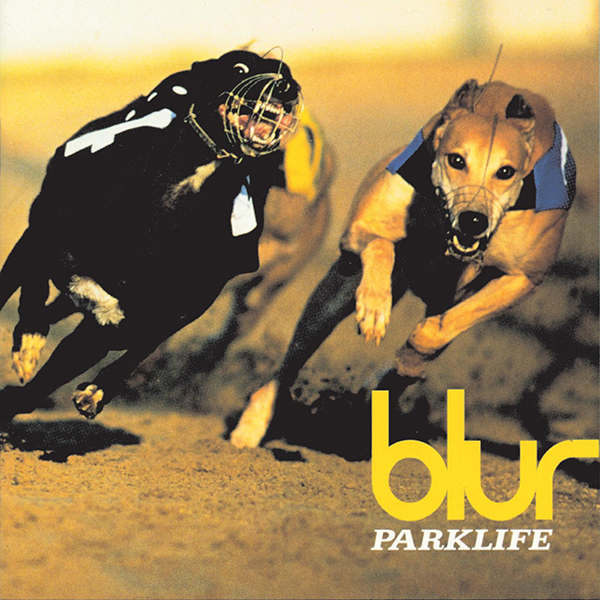
Blur
Parklife
Food, 1994
Emboldened by a creative rebirth on 1993’s mod-influenced, grunge-phobic Modern Life Is Rubbish, Blur created the second album in what they would later claim was intended to be a ‘life’ trilogy. Its brash evocation of Britain – with one foot in the land of Reggie Perrin, and one in the world of cheap lager and cheaper thrills as the end of a century approached – was hardly a masterpiece of social observation. Yet the tuneful ebullience with which they related it won through. And when they added elegant touches of romance on string-swathed cinematic pop vignettes such as ‘This Is A Low’, they touched greatness.
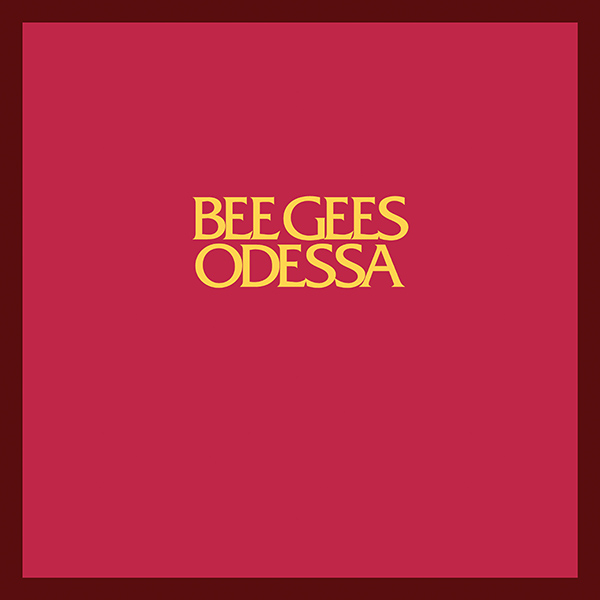
Bee Gees
Odessa
Polydor, 1969
Sometimes groups reach for the concept format while searching for a more lasting identity. The Gibb brothers went down that route to limited commercial success but ultimate critical appreciation after their first flush of fame as chamber pop sensations – and many moons before their perma tanned disco-courting ubiquity. Songs loosely based around the loss of a ship in the Baltic in 1899 were infinitely more memorable than that idea suggests.
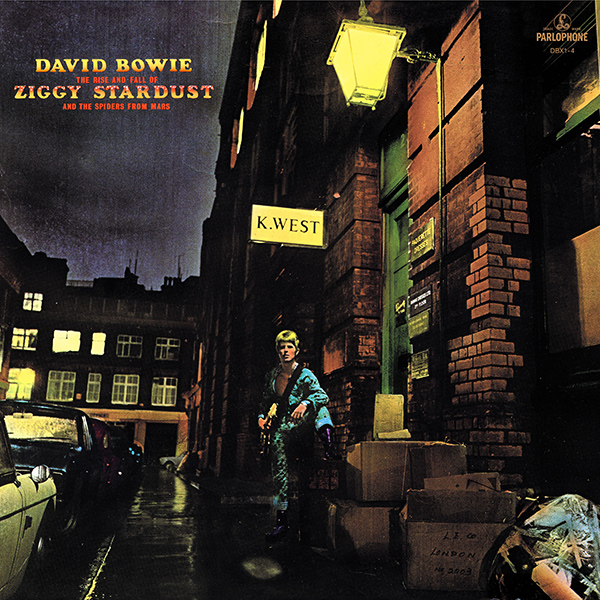
David Bowie
The Rise And Fall Of Ziggy Stardust And The Spiders From Mars
RCA, 1972
An LP so eternally celebrated that to call it a concept album almost sounds too reductive. Bowie was an artist whose very act was a constantly changing concept. This was the first and greatest: a beautifully doomed future pop star from a pre-apocalyptic universe. Bowie was playing fantasy rock stars but we were true believers, to the point where many reacted with grief when he announced his (ie, Ziggy’s) retirement from the stage in July 1972.
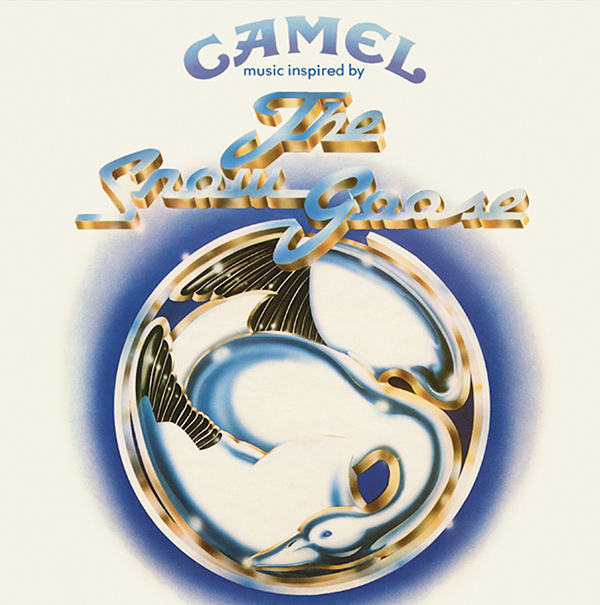
Camel
The Snow Goose
Decca, 1975
Is it possible to make a concept album without lyrics? Well, classical musicians had been doing it for centuries, and when the music is as evocative as this piece of classically infused prog, then who needs the story spelling out in words? Paul Gallico’s tear-jerking wartime novella about the relationship of a young girl, a disabled artist and the titular bird inspired the Guildford-formed band’s defining release – a rare gem of bucolic, symphonically enhanced folk-rock.
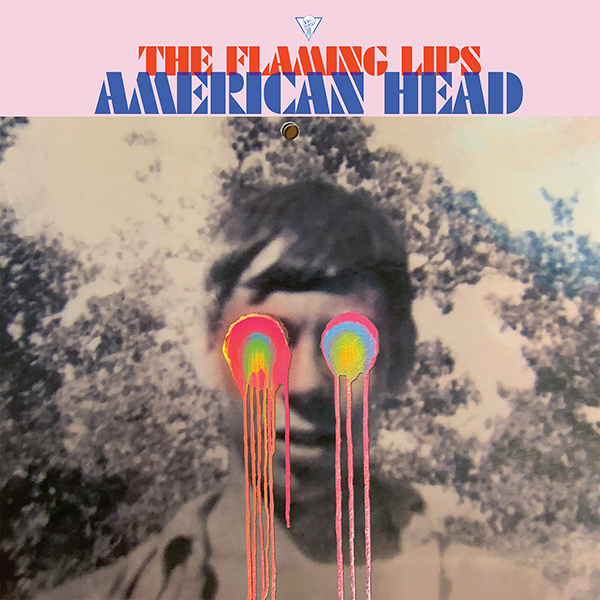
THE Flaming Lips
American Head
Warner, 2020
After spending much of the preceding two decades ploughing a much-cherished but unashamedly wonky furrow through the outer reaches of avant-rock indulgence, Wayne Coyne and Stephen Drozd came back down to earth with a tuneful bump on their most accessible record in years. It was all the more moving for reimagining their own troubled pasts via an alternate history full of childlike wonder, beyond-the-grave elegies and wistful lysergic fantasies.
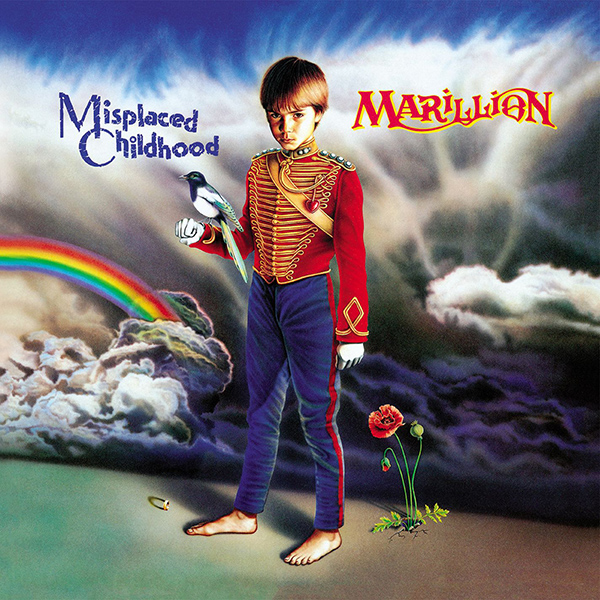
Marillion
Misplaced Childhood
EMI, 1985
While they graduated from the UK neo-prog scene with hit singles such as 'Kayleigh', this third album from Fish and friends showed they still regarded themselves as prog in tooth and claw. It offered the world a concept album at a time when such inventions had pretty much reached their nadir of unfashionability. They cared nothing for such trends, and a musical therapy session through the narrator’s formative years would be one of their greatest achievements.
